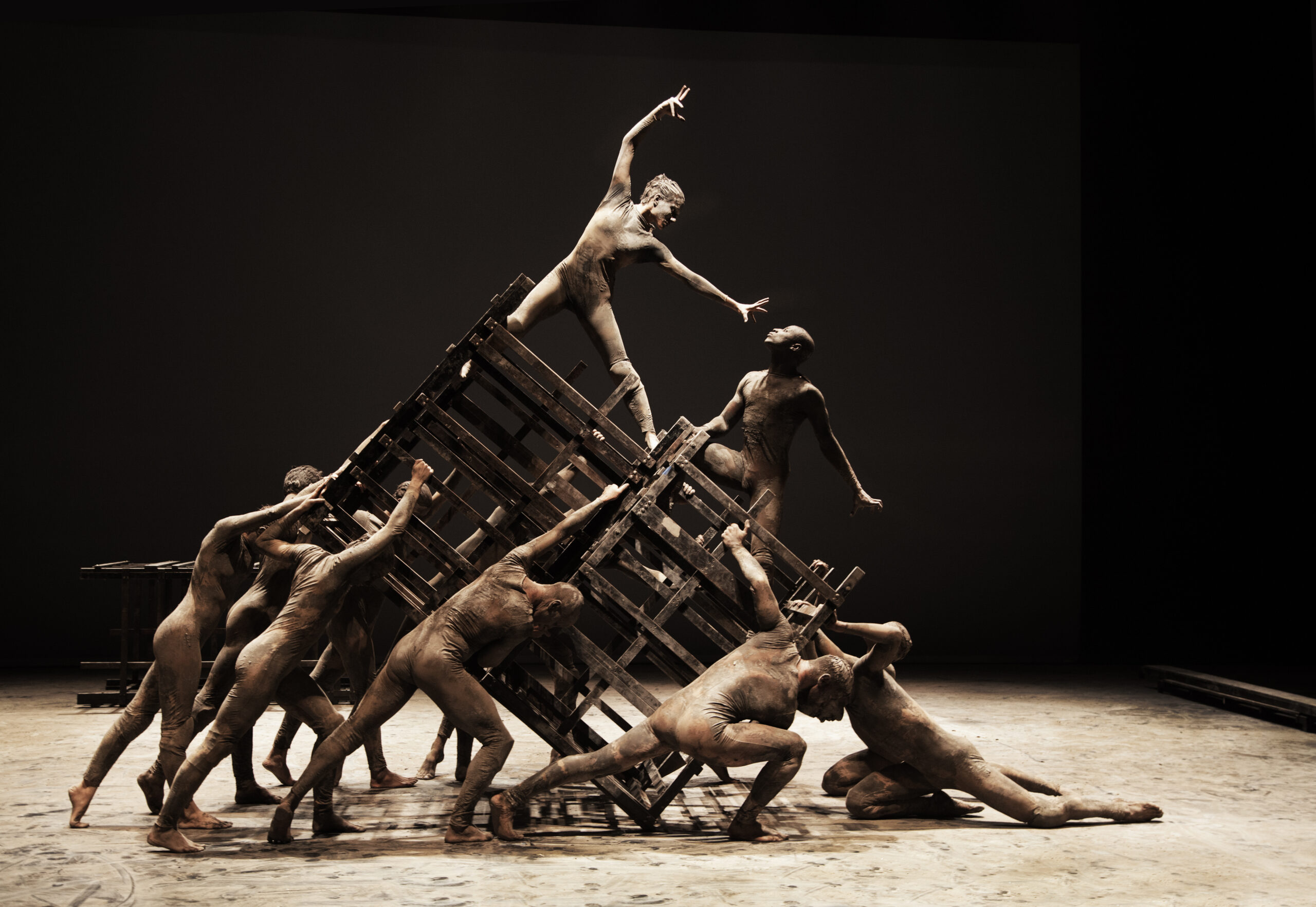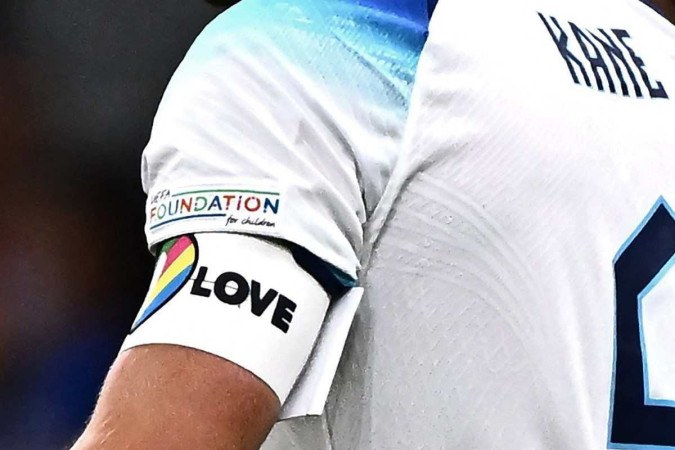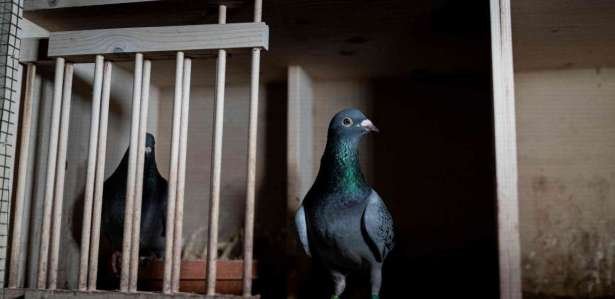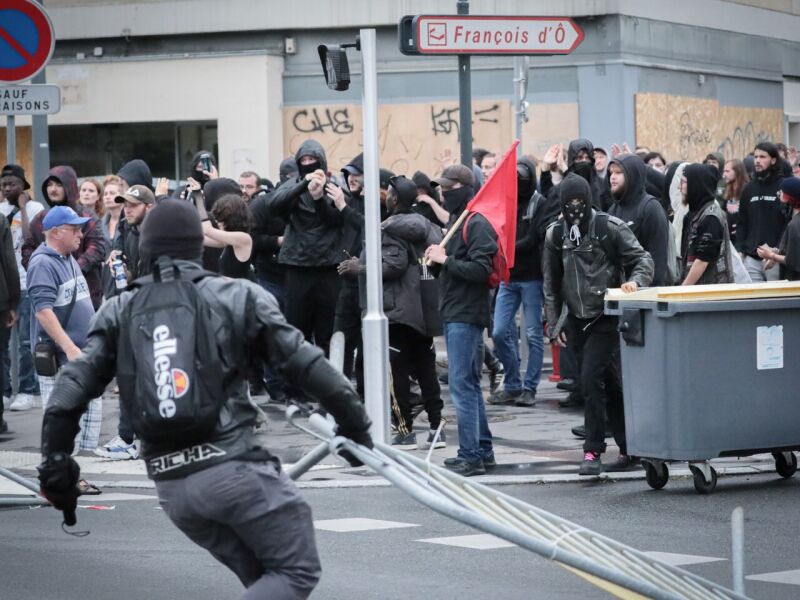
The dance show “Cão Sem Plumas” by Deborah Kolker, has already been scheduled for Caraguatatuba: next Tuesday (9/5), at 8 p.m.
Vaal Cultural Institute offers, through the Federal Act of Incentive to Culture. Cão Sem Plumas is also sponsored by the City of Rio de Janeiro, through the Municipal Secretary of Culture.
Deborah Kolker makes Cão Sem Plumas, based on the homonymous poem by João Cabral de Melo Neto (1920-1999), her first show with an overtly Brazilian theme. The premiere took place on June 3, 2017, at the Teatro Guararapes, in Recife.
Published in 1950, the poem traces the course of the Capiparibe River, which crosses much of the state of Pernambuco. It shows the poverty of the riverside people, the neglect of the elites, life in the mangroves, and the “indomitable and unknown force”. The image of the “Pfeatherless Dog” serves the river and the people who live around it.
“The show is about things that are unimaginable, that should not be allowed. It is against human ignorance. Destroying nature, children, that which is full of life,” says Deborah.
Dance mixes with cinema. Scenes from a film directed by Deborah and Claudio Assis, from Pernambuco – director of feature films such as Amarillo Manga, Vibre do Rato and Big Gatto – are shown in the back of the stage and dialogue with the bodies of the 14 dancers. The images were recorded in November 2016, when the choreographer, director and the whole company traveled for 24 days from the border between remote and wild regions to Recife.
Photographer Kavi, who was born in Pernambuco, also documented the trip. In the original soundtrack there are two more from Pernambuco: Jorge do Peixe, from the band Nação Zumbi and one of the exponents of the manga beat movement, and Lerena (Cordel do Fogo Encantado singer, poet and actor), as well as Carioca Berna Sebas, who accompanies Deborah since its inception, Volcao (1994).
Other former partners in scenography and art direction (Gringo Cardia) and lighting (Jorginho de Carvalho). Costume design by Claudia Koepke. The CEO is João Elias, the founder of the company.
The dancers cover themselves with mud, a reference to the landscape the poem describes, and their steps raise the crabs. The animal that lives in the mangrove forests is in the thoughts of geographer José de Castro (1908-1973), author of Geografia da Fome and Homens e Crabs, and singer and composer Chico Science (1966-1997), main namesake of the mango beat. The movement blends regional, international and technical traditions. As does Deborah.
To construct Man-Animal, a concept that is the basis of the entire choreography, the artist did not rely solely on the strong manifestations of Pernambuco, such as Maracato and Coco. He also used samba, jongo, kodoro and other folk dances.
“My story is a patchwork story,” she says. The show has already been performed in more than 30 Brazilian cities, with an audience of over 150,000 people, and internationally in the United States, France, the United Kingdom, Germany and Uruguay.
His group established itself as a popular phenomenon on Velox (1995), Rota (1997) and Casa (1999). The shows Nó (2005), Cruel (2008), Tatyana (2011), and Belle (2014) dealt with existential themes such as feelings.
In Dog Without Plumas, Deborah brings together aspects of her entire career. Next, the company performed Cura, with whom it has been working since October 2021.
“The elegance of the classics, the clay of the roots and the contemporary look are appropriate. His name is João Cabral,” she says. Internationally recognized, Deborah received the Laurence Olivier Award in the Oustanding Achievement in Dance category in 2001 (the most distinguished achievement in dance in the world). In 2009, He created a show for Cirque du Soleil: Ovo.In 2016, she was the Movement Director for the Rio de Janeiro Olympics Opening Ceremony.
João Cabral was living in Barcelona as a diplomat when he read in a magazine that life expectancy was lower in Recife than in India. The news was the impetus for making the dog featherless. In 1953 he published O Rio, or The Relation of the Journey that Capibaribe Makes from its Source to the City of Recife, and three years later his most famous work, Morte e Vida Severina. His poetry, which is among the most important in Brazil, is characterized by rigor and rejection of sentimentality.
Dog Without Feathers has been awarded one of the most important awards in world dance, the “Prix Benois de La Danse” 2018 in the Choreography category.
featherless dog
Creativity, choreography and direction: Deborah Kolker
Executive Board: JOÃO ELIAS
Film directing and drama: Claudio ASSIS
Art direction and scenography: Gringo Cardia
Musical direction: JORGE DÜ PEIXE and BERNA CEPPAS, special participation LIRINHA
Lighting design: JORGINHO DE CARVALHO
Costume design: Claudia Coppi
Duration: 1h10

“Lifelong web fan. Incurable internet junkie. Avid bacon guru. Social media geek. Reader. Freelance food scholar.”





